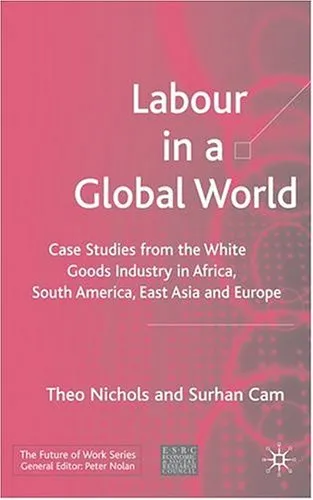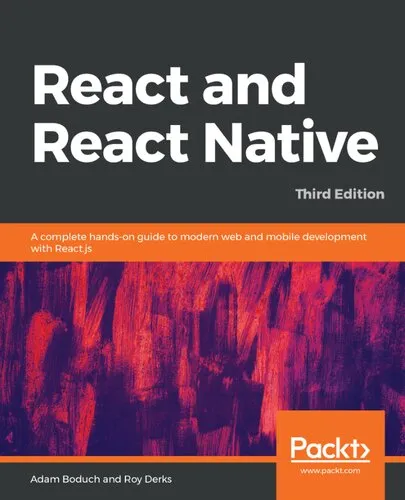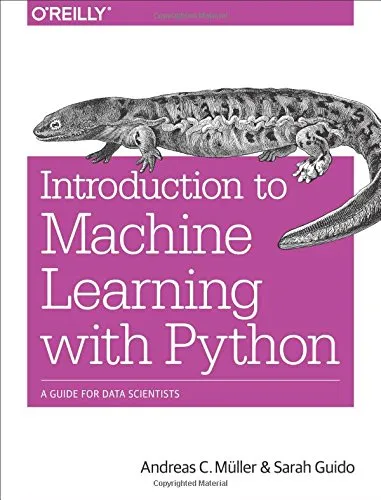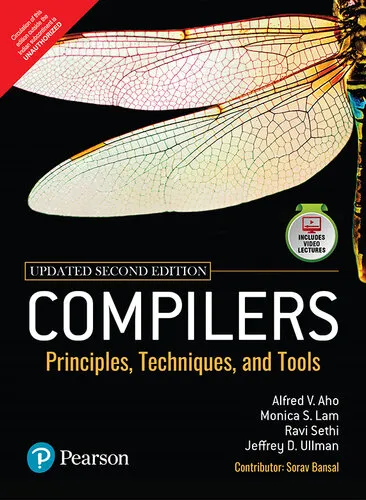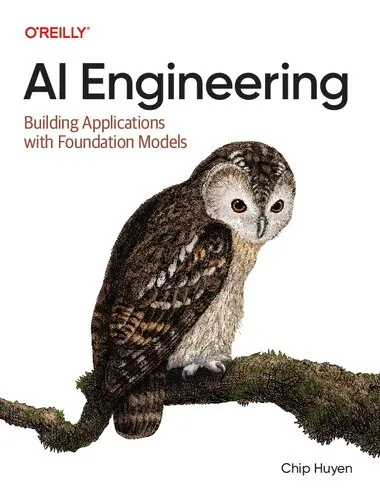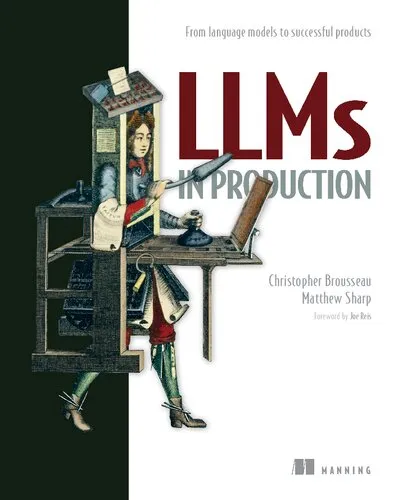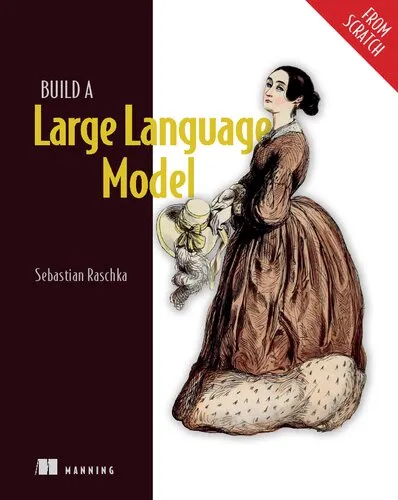Labour in a Global World: Case Studies from the White Goods Industry in Africa, South America, East Asia and Europe (The Future of Work)
4.2
Reviews from our users

You Can Ask your questions from this book's AI after Login
Each download or ask from book AI costs 2 points. To earn more free points, please visit the Points Guide Page and complete some valuable actions.Related Refrences:
Introduction to 'Labour in a Global World'
In our increasingly interconnected world, the impact of globalization on labor markets has never been more pronounced. "Labour in a Global World: Case Studies from the White Goods Industry in Africa, South America, East Asia and Europe" dives deep into this phenomenon, focusing on the white goods industry—a sector encompassing household appliances such as refrigerators, washing machines, and air conditioners.
Detailed Summary of the Book
The book takes a comprehensive look at the white goods industry across four continents, providing an intricate exploration of how globalization affects labor dynamics. Through meticulously researched case studies, the authors, Theo Nichols and Surhan Cam, unveil the disparities and similarities in labor practices across diverse geographic contexts—Africa, South America, East Asia, and Europe.
With each region facing unique challenges and opportunities, "Labour in a Global World" examines factors such as economic policies, labor laws, and cultural influences that shape the working conditions within the industry. The authors delve into how multinational corporations navigate these complex landscapes, influencing labor practices and livelihoods.
The narrative further investigates the intersection of technology and labor, illustrating how advancements in automation and production processes reshape workforce demands. By capturing these dynamic interactions, the book provides critical insights into the future of work in a globalized world.
Key Takeaways
- Globalization significantly affects labor markets, intensifying competition and altering employment landscapes.
- The white goods industry serves as a microcosm for examining globalization's impact on different regions, revealing both commonalities and regional disparities.
- Technological advancements drive changes in labor demands, necessitating adaptive strategies for workers and industries alike.
- Labor practices are deeply influenced by local economic policies, regulatory environments, and cultural factors.
Famous Quotes from the Book
"In an era where borders blur and economies intertwine, understanding labor in the context of globalization becomes not just necessary but imperative."
"The white goods industry exemplifies the paradox of globalization: driving innovation and efficiency while challenging workers' rights and job security."
Why This Book Matters
"Labour in a Global World" is essential for scholars, policymakers, and industry leaders seeking to grasp the nuances of labor dynamics in a globalized economy. The book offers a balanced perspective by not only highlighting the challenges globalization brings but also the potential for growth and improvement in labor practices.
In doing so, it provides a vital framework for developing sustainable labor policies that can adapt to future changes. By focusing on the white goods industry, the authors present a detailed analysis applicable to various other sectors, making this work a foundational read for those invested in the future of work.
Free Direct Download
You Can Download this book after Login
Accessing books through legal platforms and public libraries not only supports the rights of authors and publishers but also contributes to the sustainability of reading culture. Before downloading, please take a moment to consider these options.
Find this book on other platforms:
WorldCat helps you find books in libraries worldwide.
See ratings, reviews, and discussions on Goodreads.
Find and buy rare or used books on AbeBooks.
1356
بازدید4.2
امتیاز0
نظر98%
رضایتReviews:
4.2
Based on 0 users review
Questions & Answers
Ask questions about this book or help others by answering
No questions yet. Be the first to ask!
